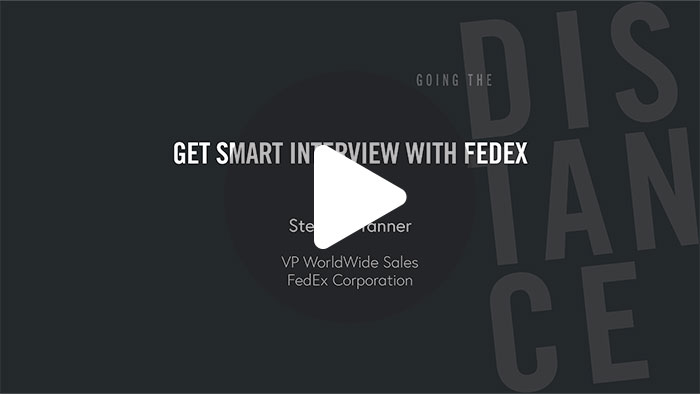Retail Policy Insights from Michael Hanson
- By [ Amber Arnold ]
- 09/10/2021
THE DYNAMICS OF WASHINGTON
Despite the outward appearance that Congress and the Administration accomplish little, there is consistent engagement on the most important issues. Legislation may seem to come to fruition instantly, but the groundwork has been pieced together over a long time. RILA works with two goals in communication with Congress and the Administration: 1) underscore the continuing importance of retail policy priorities, 2) help policymakers understand the RILA-supported policy solutions to these challenges. In addition to consistent communication and advocacy, relationships built between RILA and RILA members and their members of Congress are essential to RILA’s public policy advocacy.This fall will be eventful with a shrinking window before next year’s midterm election to advance meaningful legislation. RILA continues to tackle a number of priority issues with the potential for action before the end of the year.
ISSUE AREAS
TAX
The President's proposed corporate tax rate increase from 21% to 28% is atop issue for leading retailers. While RILA recognizes the Administration’s desire to raise the corporate rate to accomplish a number of spending priorities, there are significant impacts that changes to tax policy will have on retailers, consumers, and communities.Retailers believe that the Administration should carefully evaluate policies to collect the trillion dollars that annually go uncollected from some companies before considering increasing the tax rate on retailers. Whether through technological innovations or identifying those not paying any taxes there are other policy paths to pay for the Administration’s spending priorities before burdening sectors of the economy that currently pay full freight.
TRADE
The Trump administration imposed heavy tariffs unilaterally on China and other countries that had little benefit to the United States' economy and act as a tax on American businesses and consumers. Despite the economic stimulation that would occur if these tariffs were removed, the Biden Administration, has not yet moved to change these Trump-era tariffs. RILA continues to advocate for such relief to lower prices for consumers and drive economic growth.
LABOR
There continues to be immense change in the retail space with both technology trends and the pandemic creating a new working environment. where traditional labor union ideas do not work with new workforce desires like worker flexibility. President Biden declared himself the most 'union friendly' president in history which raises concerns for retailers were union backed policy priorities run counter to the evolution of the modern workplace. We strongly encourage all parties involved in labor policy to analyze the changes in our economy before driving ideas forward that are not as relevant today as they were fifty years ago.
ORGANIZED RETAIL CRIME (ORC)
The long running challenge of organized retail crime is expanding amid the growth of online marketplaces. Criminals seized the online marketplace platform as an opportunity to sell more stolen and counterfeit goods, in turn harming businesses, retail employees, and consumers. One instance of such criminal activity involves criminals ransacking local community stores and stealing thousands of dollars of goods to sell online and use the profit for nefarious activities like human trafficking. To make matters worse, we are increasingly seeing employees harmed and assaulted during these raids.
On the consumer level, there is a growing counterfeit market on third-party online marketplaces where the goods are faulty and harm consumers, sometimes severely. Lack of information collected on these sellers leads to a next-to-impossible law-enforcement investigation ending with many criminals evading the law. This multi-billion-dollar issue could be resolved by the passage of the INFORM Consumers Act requiring verification of basic seller identity and increased transparency with consumers.
CREDIT DUOPOLY
The payment card duopoly of Visa and Mastercard have been evading the law requiring routing options for retailers. RILA is working to ensure that the Fed willfully enforce the Durbin Amendment that requirements payment card routing choices for consumers. We remain hopeful that the threat of enforcement will encourage greater compliance with the law.
SUPPLY CHAIN
Retailers have some of the most complex supply chains in the world. Technological innovation plays a significant role in this complexity and increasing the efficiency of getting goods to market. However, there are still issues that disrupt the supply chain despite innovation. There is not always a policy solution to problems in this realm, and they often go unrecognized in congressional agendas. It is essential for businesses to pinpoint breakdowns in the supply chain and to voice their concerns to the Administration and respective representatives. No matter how simple the fix seems, it could slip through the cracks without persistent attention to raising the issue. In areas where the problem does not have a clear solution, businesses must work with their trade association and trading partners to investigate how to solve these issues.
Tags
-
Retail Innovation Center
-
Public Policy
-
Technology & Innovation


